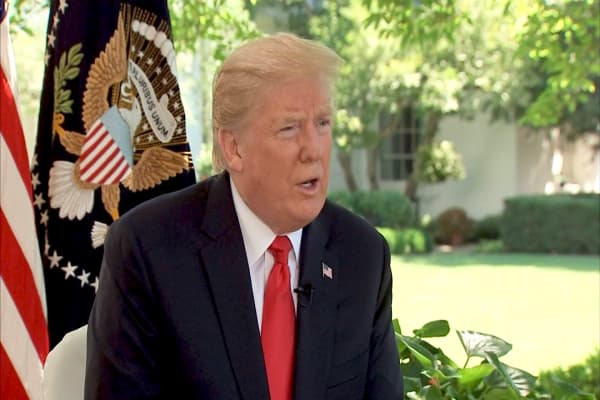
This has gone unnoticed in the Q drops. However, its timing suggests that it may well be about to happen by executive order or through the usual process of loading the board with like thinkers which is possible because the board is practically empty. What was Obama thinking or am i missing something here?
Lifting interest rates aggressively now would cold cock the nascent housing recovery. This is not logical now and does smack of a possible political agenda. considering the actions of the ptrevious regime, this is completely possible.
Secondly they should not be pushing for regulation per se. It is not their mandate and also smacks of political loading among employees. Again this is another good reason to ensure real control just to ensure that everyone is on the same play sheet.
Now something else. This is our first president whose knowledge of monetary policy is adept at least. Decades past he commentated on it intelligently. Past presidents have been out of their league in most cases except for Reagan and generally stepped back. Remember that...
Dick Bove: Trump poised to take control of the Federal Reserve
Published 11:58 AM ET Fri, 20 July 2018 Updated 6:26 PM ET Fri, 20 July 2018
https://www.cnbc.com/2018/07/20/trump-poised-to-take-control-of-the-federal-reserve.html
1:41 PM ET Thu, 19 July 2018 | 01:35
Here’s why 6:19 PM ET Fri, 20 July 2018 | 02:05
Second, Regulation
Following the passage of the Dodd Frank Act in July 2010, the Fed was given enormous power to regulate the banking industry. It moved quickly to implement a number of new rules. The Fed set up a system that would penalize banks that failed to obey its new rules. These rules included setting limits as to how big an individual bank could be; how much money the banks had to invest in fed funds and Treasurys as a percent of their assets; which loans were desirable and which were not; where the banks had to obtain their funding and many, many, more up to and including how much a bank could pay its investors in dividends.
In the second quarter of 2018, the growth in non-seasonally adjusted money supply (M2) has been zero. That’s right, the money supply did not grow at all. This is because the Fed is shrinking its balance sheet ultimately by $50 billion per month. In addition, the Fed has raised interest rates seven times since Q4 2015. Supposedly there are five more rate increases coming.
Bottom Line
The president can and will take control of the Fed. It may be recalled when the law was written creating the Federal Reserve the secretary of the Treasury was designated as the head of the Federal Reserve. We are going to return to that era. Like it or not the Fed is about to be politicized.
Now is not the time for Fed to raise rates, says pro 8:05 AM ET Mon, 23 July 2018 | 02:10
President Donald Trump has "a right" to call out the Federal Reserve if he feels the central bank is not acting in the best interest of the United States, strategist Mark Grant told CNBC on Monday.
No comments:
Post a Comment